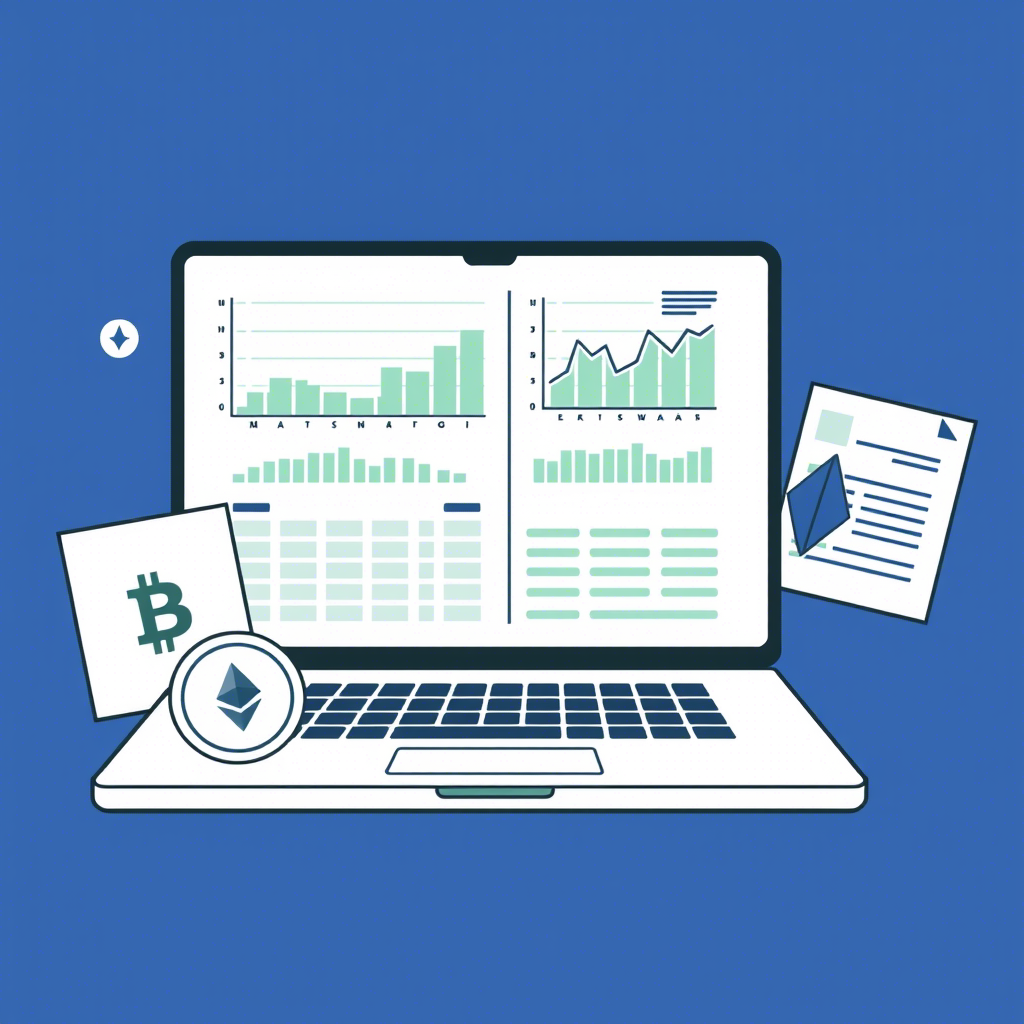Cryptocurrencies offer financial freedom and borderless transactions—but this freedom comes with increased responsibility. Unlike traditional banking systems, where errors or fraud can sometimes be reversed by a central authority, cryptocurrency transactions are often final and unrecoverable once broadcast to the blockchain. This guide provides a thorough look at safety tips for handling crypto, helping you safeguard your holdings from hackers, scams, and human mistakes.








